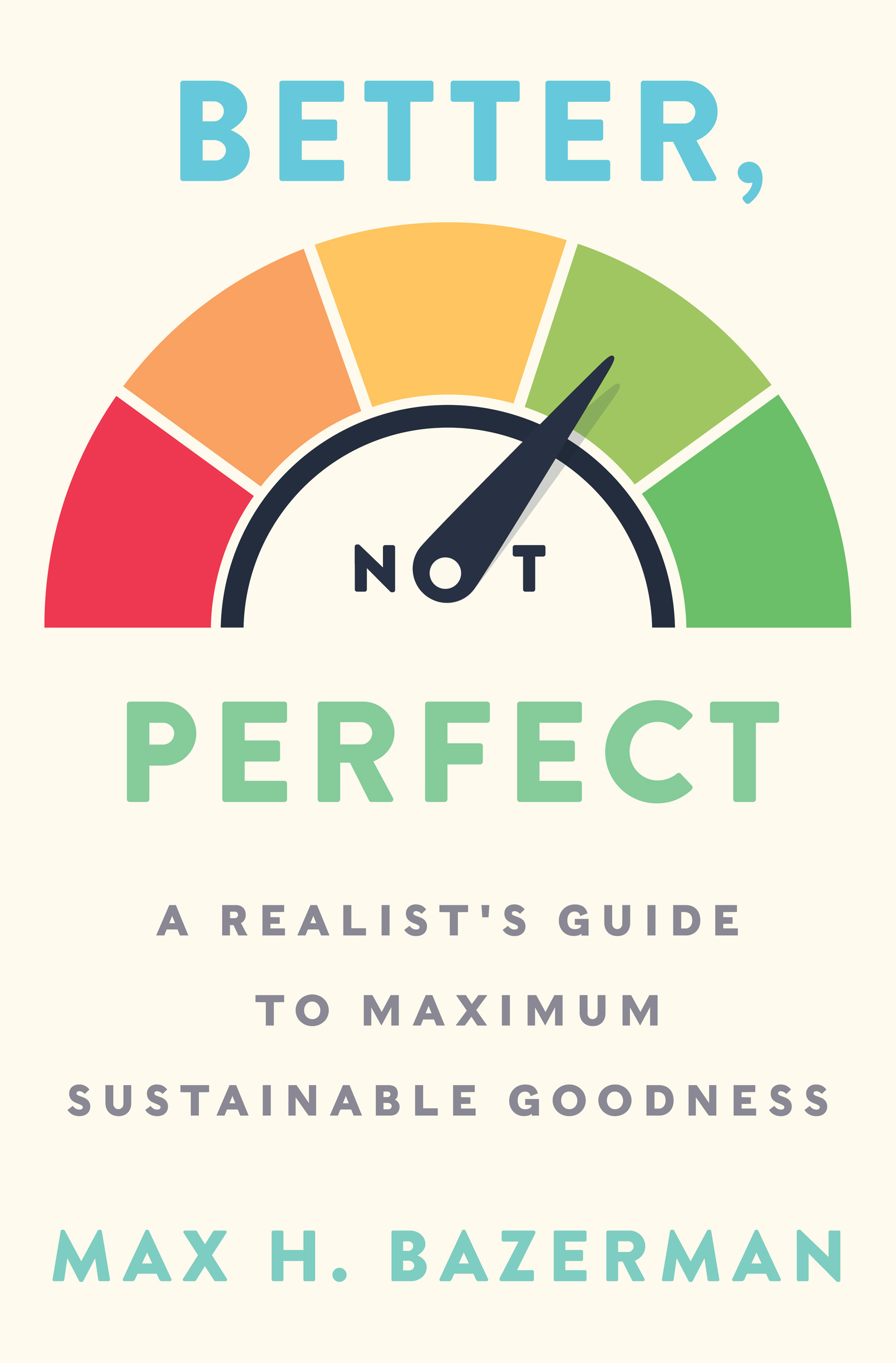
Better, Not Perfect
A Realist's Guide to Maximum Sustainable Goodness
کتاب های مرتبط
- اطلاعات
- نقد و بررسی
- دیدگاه کاربران
نقد و بررسی

May 18, 2020
Ethical self-improvement is a task best taken one day at a time, argues Harvard Business School professor Bazerman (The Power of Experiments, coauthor) in this encouraging primer aimed at businesspeople. Utilitarianism gets a bad rap, Bazerman writes, but with the right outlook, it can help people reach their “maximum sustainable level of goodness.” This means figuring out how to create as much value as possible for the most people, in as sustainable a level as possible. He focuses on such areas as identifying waste (both corporate and personal), allocating time more effectively “both for your own benefit and for the benefit of others,” and practicing philanthropy more with an eye toward genuinely helping others than gratifying one’s ego. The book is best where it uses familiar examples like the runaway trolley problem and the prisoner’s dilemma to nudge readers into rethinking their preconceptions about ethics, away from rule-following and toward considering the practical implications for others. Bazerman’s encouraging call for readers to keep moving in the right direction, even if they aren’t on the fast track to perfection, is a much-needed and sane approach to personal betterment.

August 1, 2020
Bazerman (business administration, Harvard Business Sch.) has written a book he hopes will improve readers' capacity to make ethical business decisions in order to create more value in the world and thus make the world a better place. He writes that people can act more ethically, often without making great sacrifices. However, he also thinks that improving one's behavior requires attention and effort even if one eschews, as he recommends, the goal of perfection. He uses the philosophy of utilitarianism in order to identify some goals he considers to be important and uses behavioral social sciences research to identify what keeps human beings from optimal behavior. He recommends some practical ways to improve human behavior by making us be more deliberative and less susceptible to our instincts. He also offers examples of organizations and individuals improving their behavior. This mixture of identifying what he considers worthwhile improvements and suggestions of how this might be done gives the book a potpourri feel. VERDICT This will appeal to those seeking practical suggestions for improving business and philanthropic behavior.--Shmuel Ben-Gad, Gelman Lib., George Washington Univ., Washington, DC
Copyright 2020 Library Journal, LLC Used with permission.

























دیدگاه کاربران